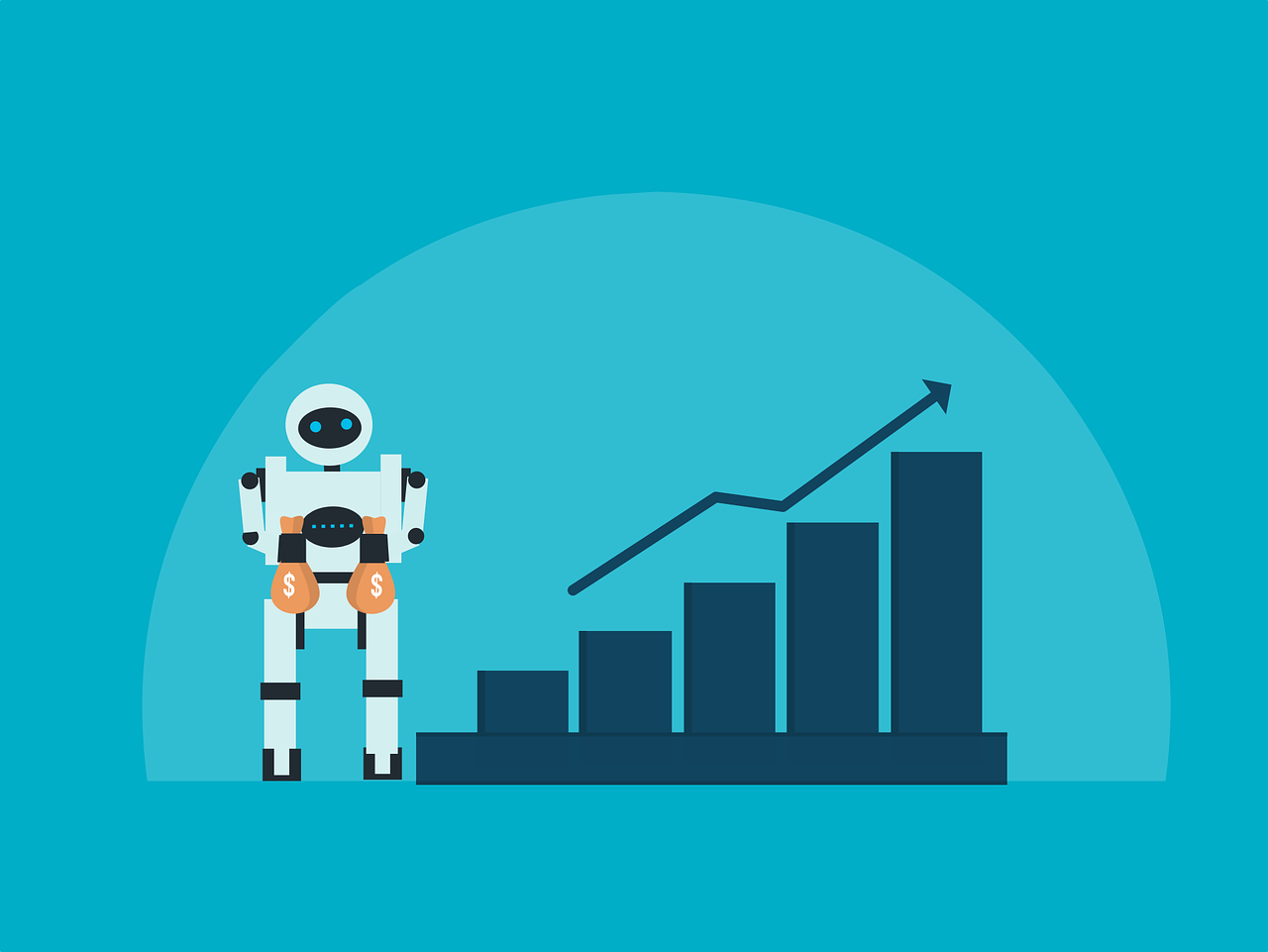How Artificial Intelligence is Revolutionizing the Retail Industry with Personalized Shopping and Optimized Operations

Brief news summary
Artificial intelligence (AI) is transforming retail by enabling personalized shopping experiences based on individual customer data. Advanced algorithms allow retailers to analyze vast amounts of information to offer tailored product recommendations and targeted marketing, boosting customer engagement and satisfaction. AI also enhances operational efficiency through improved inventory management and supply chain logistics, using accurate demand forecasting to reduce waste and speed up delivery. These improvements foster customer loyalty and encourage repeat business. However, challenges such as data privacy concerns, algorithmic bias, and the necessity for transparency must be addressed to maintain consumer trust. Additionally, implementing AI requires significant investment and employee training to balance automation with human interaction effectively. Future innovations like machine learning, virtual assistants, and augmented reality are expected to further revolutionize retail. Overall, AI acts as a vital force driving personalized, efficient, and customer-centric retail solutions that help businesses stay competitive and offer more intuitive shopping experiences.Artificial intelligence (AI) is profoundly transforming the retail industry, ushering in a new era of personalized shopping experiences tailored to the unique preferences and behaviors of individual consumers. By utilizing advanced AI algorithms, retailers can analyze enormous volumes of customer data with exceptional accuracy, allowing them to provide highly customized product recommendations and launch targeted marketing campaigns that align with each shopper’s specific tastes and needs. This transformative technology extends beyond enhancing customer engagement to optimizing critical operational functions such as inventory management and supply chain logistics. AI-driven systems forecast demand trends more precisely, ensuring that stores stock the right products at the optimal times, thereby minimizing waste and lowering costs. Additionally, AI enhances supply chain efficiency by improving coordination among suppliers, warehouses, and distribution centers, resulting in quicker delivery times and better product availability. Retailers who adopt AI benefit from increased customer satisfaction, as personalized interactions make the shopping experience more relevant and enjoyable. This level of customization fosters deeper customer loyalty by making shoppers feel understood and valued, which encourages repeat purchases and favorable word-of-mouth recommendations. Moreover, AI’s role in inventory and supply chain management enables retailers to adapt swiftly to changing market demands in a cost-effective way, thereby maintaining a competitive edge in a crowded marketplace. Despite the significant promise AI holds for revolutionizing retail, there are important challenges that must be addressed. Data privacy stands out as a critical concern, as the extensive collection and analysis of personal information raise ethical issues and legal responsibilities related to consumer consent and data protection.
Transparency regarding how AI systems make decisions is also essential to build trust among customers and regulators. Retailers must ensure their AI implementations are explainable and unbiased, preventing adverse effects on any customer groups. Furthermore, integrating AI technologies demands considerable investments in infrastructure and skilled personnel, which can be challenging for smaller businesses. Continuous training and upskilling of retail staff are vital to fully leverage AI's advantages while preserving the necessary human touch. Balancing automation with personalized human service is likely to become a crucial element in successful retail strategies going forward. The future of AI in retail appears set for ongoing growth and innovation. Developments in machine learning and natural language processing promise even more advanced consumer insights and interaction capabilities. Emerging applications such as virtual shopping assistants, augmented reality fitting rooms, and AI-driven trend forecasting are broadening the opportunities to enrich the shopping experience. In summary, artificial intelligence serves as a powerful catalyst for change within the retail sector, providing tools that enable personalized, efficient, and customer-focused operations. Although challenges related to data privacy, transparency, and deployment remain, the overall potential benefits—including enhanced customer satisfaction, stronger loyalty, optimized inventory, and streamlined supply chains—position AI as a transformative technology for retailers striving to succeed in a competitive and rapidly evolving market. Both retailers and consumers stand to benefit from the responsible and thoughtful adoption of AI innovations, shaping the future of shopping into a more intuitive and rewarding experience.
Watch video about
How Artificial Intelligence is Revolutionizing the Retail Industry with Personalized Shopping and Optimized Operations
Try our premium solution and start getting clients — at no cost to you

I'm your Content Creator.
Let’s make a post or video and publish it on any social media — ready?
Hot news

“AI SMM”, new training from Hallakate – Learn how…
In an era where technology is transforming how we create content and manage social networks, Hallakate introduces new training tailored for this new age: AI SMM.

AI Training GPU Cluster Sales Market Size | CAGR …
Report Overview The Global AI Training GPU Cluster Sales Market is projected to reach approximately USD 87

Multimodal AI Market 2025-2032: Growth Overview, …
Multimodal AI Market Overview Coherent Market Insights (CMI) has published a comprehensive research report on the Global Multimodal AI Market, projecting trends, growth dynamics, and forecasts through 2032

The Future of SEO: How AI is Shaping Search Engin…
Artificial intelligence (AI) is dramatically reshaping search engine algorithms, fundamentally changing the way information is indexed, evaluated, and delivered to users.

AI Video Conferencing Platforms Gain Popularity A…
In recent years, remote work has transformed dramatically, largely due to technological advancements—particularly the rise of AI-enhanced video conferencing platforms.

AI Video Content Moderation Tools Combat Online H…
Social media platforms are increasingly employing artificial intelligence (AI) to improve their moderation of video content, addressing the surge of videos as a dominant form of online communication.

US revisits its export curbs on AI chips
POLICY REVERSAL: After years of tightening restrictions, the decision to permit sales of Nvidia’s H200 chips to China has sparked objections from some Republicans.
AI Company
Launch your AI-powered team to automate Marketing, Sales & Growth

and get clients on autopilot — from social media and search engines. No ads needed
Begin getting your first leads today








